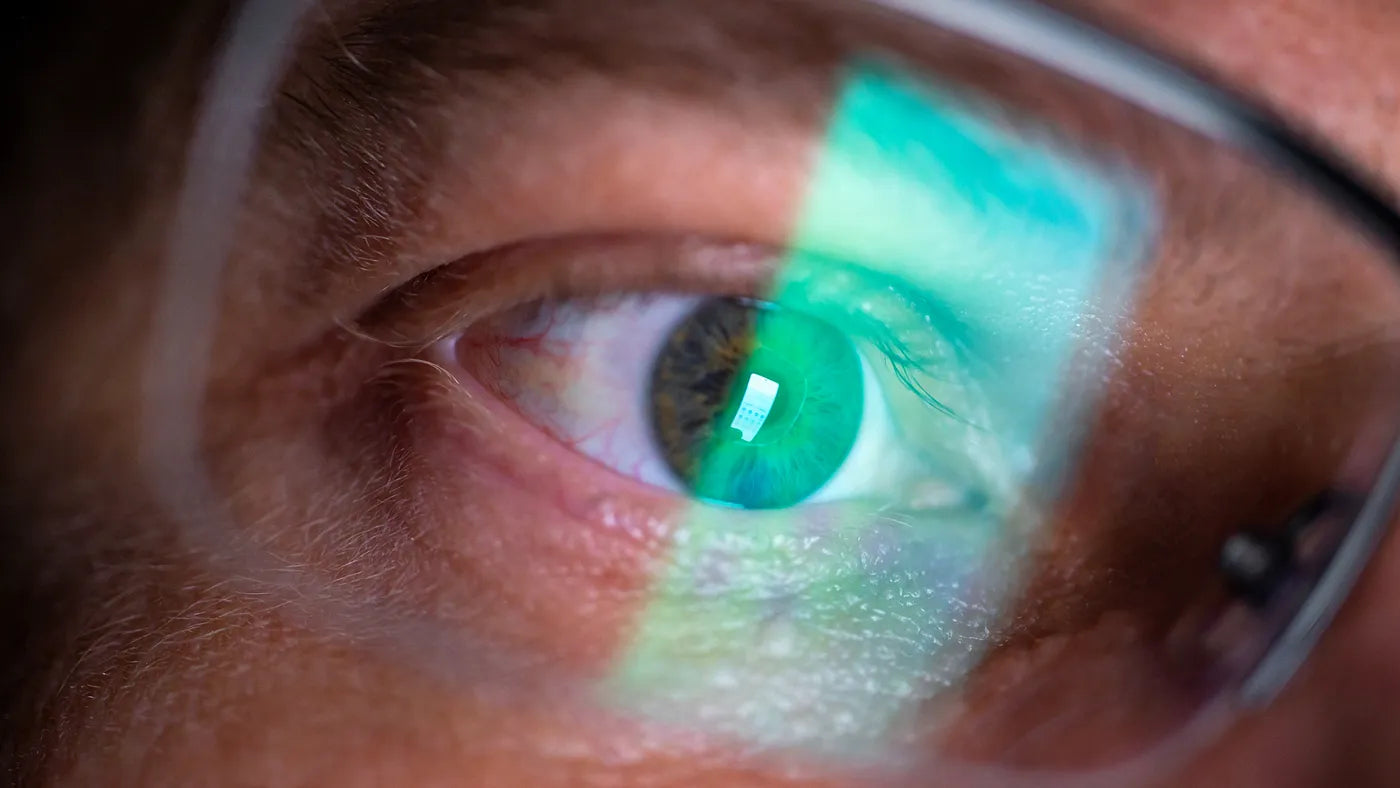Brain Health
Four Things Dopamine Actually Does (It’s Not What You Think)

As a cognitive neuroscientist, I’ve noticed that dopamine has been getting a bad rap in the media lately. It is often oversimplified as a molecule whose only function is to bring us pleasure, especially when we do things that are bad for us (like drugs or social media). While it is true that dopamine is a key player in addiction and cravings, what the media often fails to acknowledge is that dopamine is necessary for our brains and bodies (yes, bodies) to function like they are supposed to. The idea that “dopamine = pleasure” is a vast oversimplification of a molecule that does so much more for us.
Here are four things dopamine actually does.

Motivation, goal-oriented behavior, and anticipation of reward:
Dopamine is a neurotransmitter of anticipation. That is, it is released when something is about to happen. This can be the feeling of excitement you have when getting ready for a date night, or it can be the act of working towards a long-term goal (e.g., earning a degree or leveling up your business). Dopamine is your drive to do things that require effort, and it makes those things feel “worth it” and rewarding.
Novelty:
Dopamine is released in response to novelty. You went skydiving for the first time? Dopamine release. You saw your favorite musician live and felt like it was the best concert of your life? Dopamine release. Research suggests that this release of dopamine plays a role in increasing memory consolidation (that is, the brain’s process of “encoding” a memory for later retrieval). This is one reason why we have an easier time remembering unique events (e.g., it started snowing when I was in Israel and the staff had a snowball fight in the hotel lobby) than repetitive events (e.g., my drive to work last Monday).
Learning:
When a specific behavior results in a rewarding outcome, dopamine makes the organism (human or animal) more likely to repeat that behavior in the future. This is reinforcement learning. If you have ever trained a dog, you have seen dopamine in action:
“Sit” → dog sits → dog receives a treat (reward) → dog is more likely to sit in the future due to the positive association between “sit” and the reward (treat). Interestingly, something called intermittent reinforcement is the most effective method for conditioning a behavior, but that is a topic for another article (let us know in the comments if you want to hear more about this one).
Fine motor movement:
Let’s say you’re reaching your arm out to pick up your favorite coffee mug. Your arm moves smoothly (not shaking) to the exact location in space where the coffee mug sits, and then swiftly grabs it and raises it to your lips. Dopamine allows your brain to fine-tune the muscle movements required to grab the cup smoothly, without shaking. This is why people with Parkinson’s disease experience muscle tremors. Their brain (specifically, an area called the substantia nigra) is disrupted in its ability to produce dopamine. As a result, the substantia nigra cannot use dopamine signaling to tell the basal ganglia (another dopamine-heavy center) how to coordinate muscle movement.

Finally, let’s address pleasure.
Pleasure centers exist both inside and outside of the dopamine system. Some neurotransmitters beyond dopamine that contribute to the experience of pleasure include opioids, serotonin, and GABA. Dopamine is not the only neurotransmitter involved in pleasure, nor does the presence of dopamine necessitate pleasure. (Think about it: the last time you were scrolling on social media for too long, were you even enjoying it that much?)
Bottom line
So, is the media wrong in equating dopamine to pleasure? Not completely. It’s just an oversimplification. Dopamine is better characterized as having to do with seeking out the thing that will bring us pleasure, rather than just the experience of pleasure itself. Dopamine is a molecule of goal-oriented behavior that is also responsive to novelty, is involved in learning, and helps tune fine motor movement.
- Experience your brain, improved
- Natural & risk free training
- Can (and should) be used by everyone
Get your Mendi now
Take your first step towards a healthier brain, improved focus, and mental resilience.
